Attorney General Dave Yost | Attorney General Dave Yost Official Website
Attorney General Dave Yost | Attorney General Dave Yost Official Website
(COLUMBUS, Ohio) — Ohio Attorney General Dave Yost today announced the formation of a blue-ribbon task force to examine the future of police training in Ohio, exploring how best to create and deliver world-class continuing education for the state’s roughly 30,000 law enforcement officers.
“For nearly five years, we’ve been rebuilding police training and reimagining what it should be in the future – what I call ‘Cop 2030,’ ” Yost said. “We’ve dismantled the old curriculum system at the Ohio Peace Officer Training Academy and are taking steps to replace it with state-of-the-art technology, techniques and courses that officers can look forward to taking.
”The Future of Police Training Task Force will keep the momentum building, he said, and help ensure that Ohio’s peace officers are the best trained in the nation.
The task force represents a diverse group of experts ranging from career law enforcement professionals to mental health experts. It will be chaired by OPOTA Assistant Executive Director Thomas Quinlan – the former Columbus police chief who, as commander, oversaw the Columbus Police Training Academy.
Other task force members include:
- Eric Henderson, assistant chief, Dayton Police Department
- Steve Click, director of First Responder Wellness, Ohio Department of Public Safety
- Nicholas Konves, deputy chief, Columbus Division of Police
- Kurt Althouse, chief, Vandalia Police Department
- George Maier, Stark County sheriff
- Emily Ribnik, executive director, Criminal Justice Coordinating Centers for Excellence
- Pastor Eddie Parker, Delaware County juvenile court diversion coordinator
Yost has directed the task force to review emerging trends, examine the realities of law enforcement work, and recommend how best to serve the expectations of local communities. He likewise has asked the group to focus on training to help law enforcement respond appropriately to incidents of violence and resistance to arrest.
“We need multidimensional training – the classroom and the mat – that includes scenario-based courses by which the physical aspects of the training are repeated,” the Attorney General said. “Repetition is key, so officers can instinctively rely on their training when faced with a hostile situation so that everyone – the community, the officer and the person being detained – remain safe.”
One example of Yost’s forward-thinking approach already being implemented is an OPOTA pilot program that uses virtual-reality goggles to help officers learn various de-escalation methods. Positive feedback to this course prompted the Attorney General to request the creation of full courses that could be taught through the immersive platform. By the end of December, OPOTA – working in partnership with Ohio University – expects to offer six virtual reality scenarios that will be incorporated into police courses.
The OPOTA training overhaul was initially slowed by the COVID-19 pandemic and the unexpected, mandatory training pilot program (Continuing Professional Training) established last year by the General Assembly. Although Yost enthusiastically supported the legislature’s pilot program, there was insufficient staffing to handle both the mandated CPT requirements and the courses envisioned as part of Cop 2030.
“As support grows for establishing permanent state funding for law enforcement training, the time is right to pull together leaders from Ohio’s policing community to help us continue to shape the future of training,” the Attorney General said. “The work of this task force, coupled with the new courses our team at OPOTA has already developed, will position Ohio to be a national leader in police training.”
Shortly after Yost took office in 2019, he directed OPOTA to establish a regional training approach, bringing classes closer to peace officers’ home jurisdictions and simultaneously reducing overtime costs and travel time for local law enforcement agencies.
The Attorney General expects the task force to return its recommendations by mid-January.
Original source can be found here.

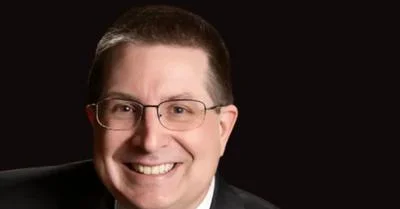
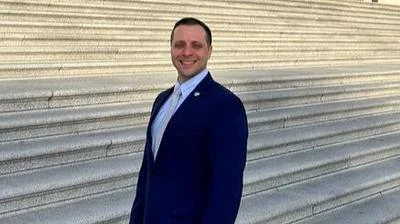
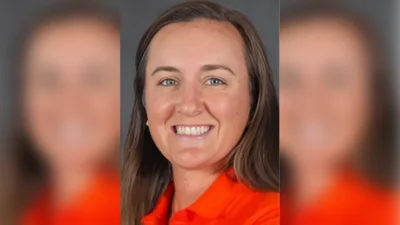
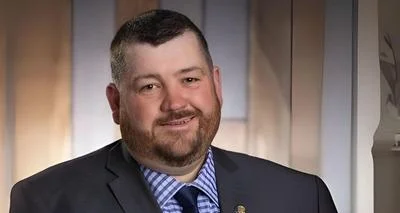
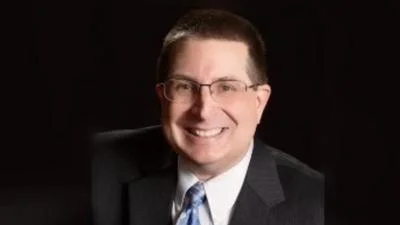
 Alerts Sign-up
Alerts Sign-up